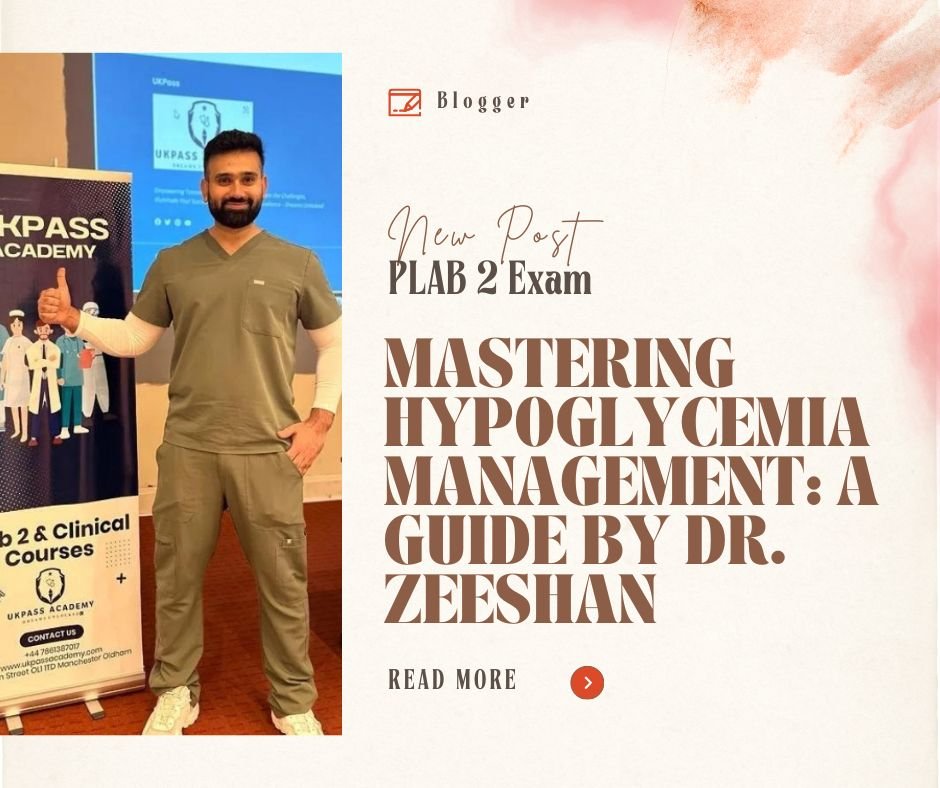Hello, my fellow medical enthusiasts! Today, let’s delve into the intricate yet easily navigable world of hypoglycemia management. Hypoglycemia, a common scenario frequently tested in simulations, holds the potential for you to effortlessly score high marks. Yes, you heard it right—maximizing your scores with a thorough grasp of hypoglycemia management is absolutely feasible.
The ABCDE Protocol: Your Lifeline
First and foremost, let’s establish the foundation—the ABCDE protocol. This protocol serves as the lifeline not only for the patient but also for you, the caregiver. Remember, always adhere to the guidelines provided by the Resuscitation Council UK. Following the ABCDE protocol ensures a systematic approach towards patient care, leaving no room for oversight.
Assessing the Patient: A, B, C… and D!
Upon encountering a patient suspected of hypoglycemia, start with the ABCs. If the patient is conscious and responsive, proceed with the assessment. Ensure the airway is clear, breathing is adequate, and circulation is stable. Now, here comes the crucial part—D, which stands for detecting the trouble.
In the realm of hypoglycemia management, assessing the patient’s glucose level is paramount. Utilize the glucometer provided and actively engage with the examiner to demonstrate your intent to check the glucose level. Act swiftly based on the glucose reading—whether administering intramuscular glucagon or dextrose infusion, depending on the presence of an IV line.
Beyond the Basics: E and Beyond
Once the immediate interventions are initiated, don’t overlook the ‘E’ in ABCDE—exposing and examining the patient. This step allows for the identification of any additional issues that may have been overshadowed by the primary concern of hypoglycemia.
But wait, our journey doesn’t end here! Post-stabilization, it’s imperative to refer the patient to the appropriate specialists for further management. This may include diabetic teams, endocrinologists, dietitians, or nutritionists, depending on the patient’s needs and comorbidities.
Taking the Extra Step: History and Education
With time permitting, delve deeper into the patient’s history, exploring previous episodes of hypoglycemia and assessing their coping mechanisms. Remember, educating the patient about the risks associated with hypoglycemia is crucial for long-term management and prevention.
Final Words of Wisdom
In conclusion, mastering hypoglycemia management is not merely about following a protocol—it’s about understanding the patient’s needs holistically and providing comprehensive care. Stay attuned to the scenario’s nuances, adapt your approach accordingly, and always strive for excellence.
So, the next time you encounter a simulated hypoglycemia scenario, approach it with confidence, armed with the knowledge and skills to navigate through seamlessly. And remember, success lies not only in scoring high marks but also in delivering optimal care to your patients.
Wishing you all the best in your medical endeavors!

